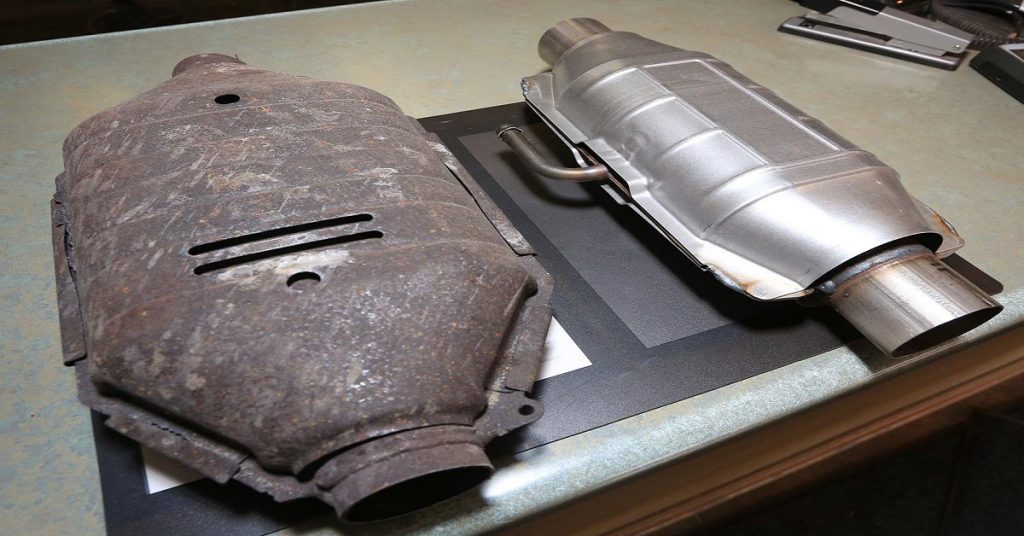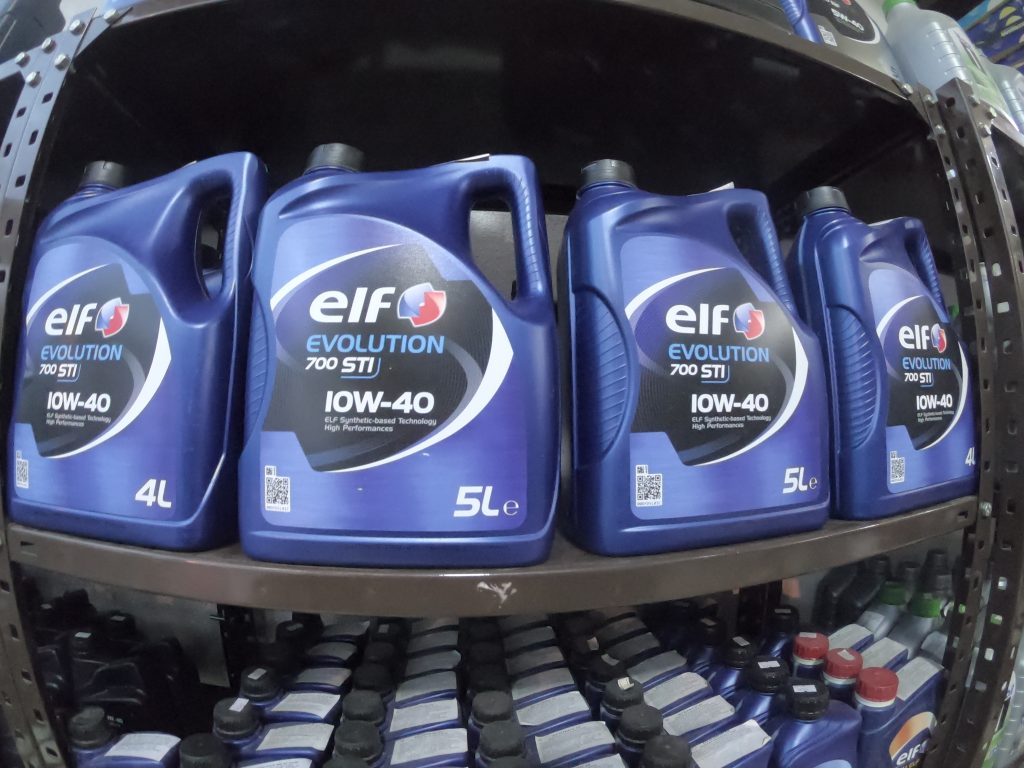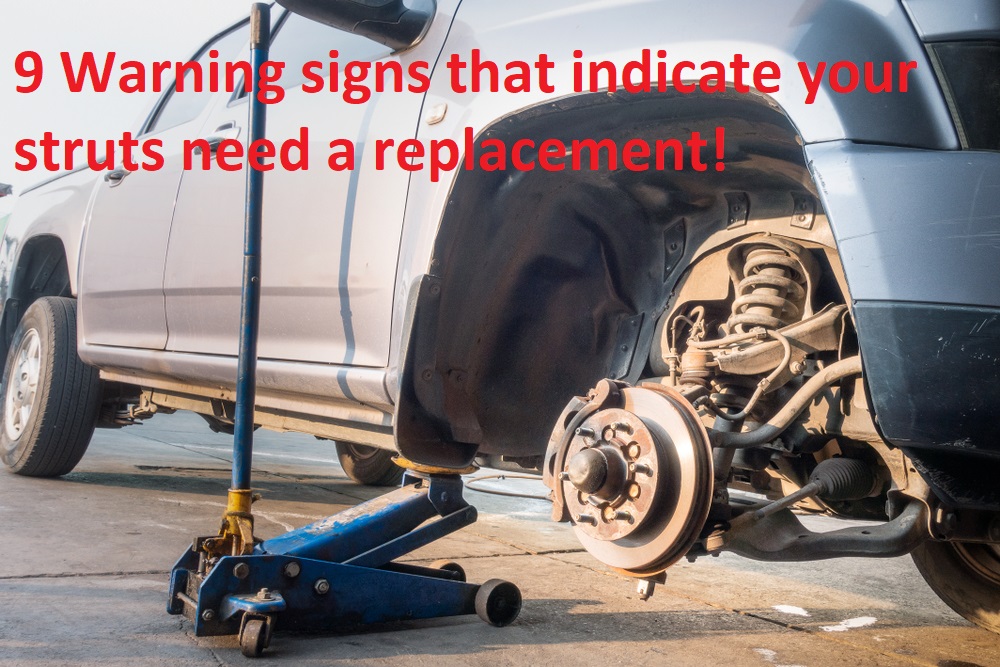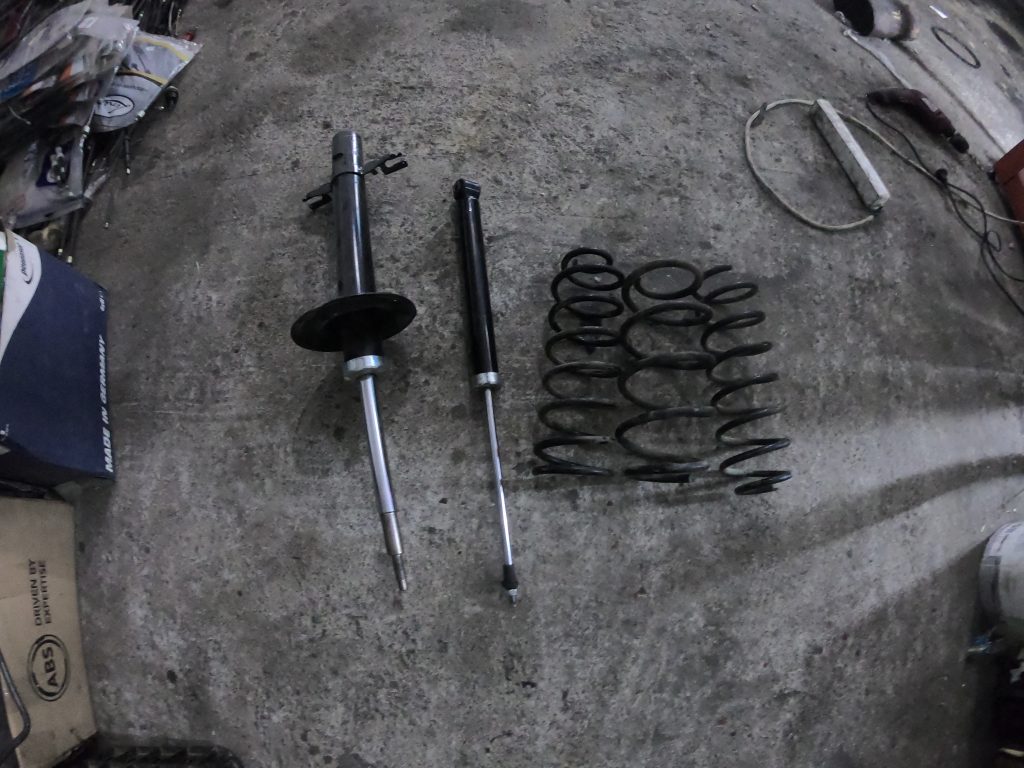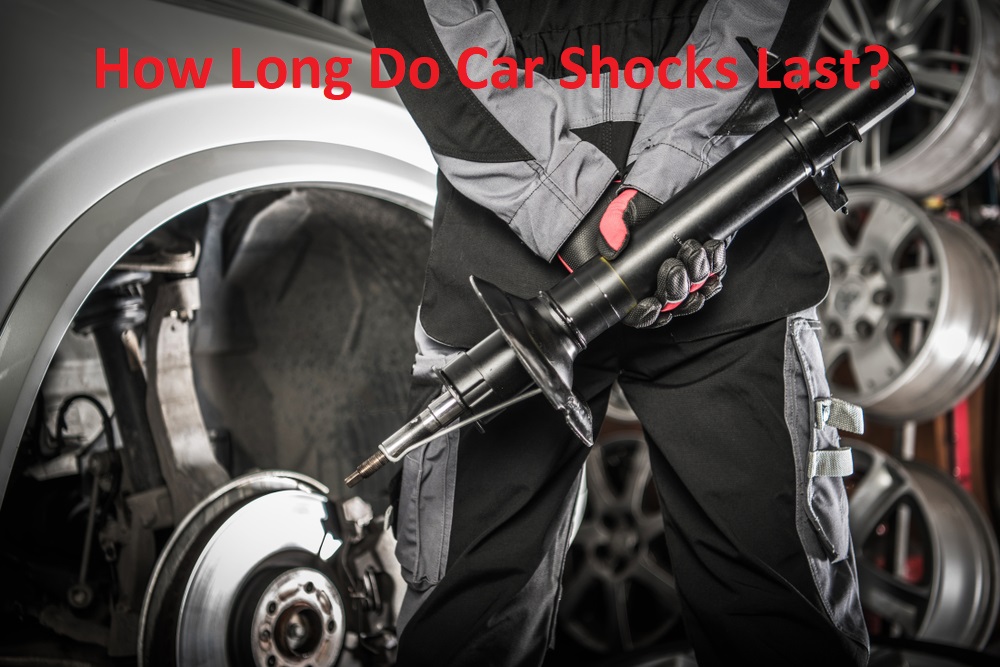Your auto technician informed you that you require a brand-new catalytic converter installed.
Add the labor-work will be around a thousand dollars or even more!
Worst case scenario, if your car has an emissions inspection scheduled soon.
So, what happens if I don’t replace my catalytic converter?
It will drastically decrease the performance of your car or stop operating entirely.
There’s likewise a possibility for other engine complications to happen.
Nevertheless, the check engine light appears on the dashboard, contaminating the environment, and you will not be able to pass the emissions inspection.
Can a Bad Catalytic Converter Cause Your Car to Not Start?
A hundred percent clogged up can cause your vehicle to not start. In almost all other situations, you will be able to start your four-wheeler.
However, will not be able to unleash its full potential.
You might also find yourself in a situation where you would have to call roadside assistance. And pay extra bills to have your car hauled.
Can a Car Run Correctly Without a Catalytic Converter?
Yes, you can definitely drive your car without a catalytic converter. But we do not recommend this.
It will not cause any harm to your engine. However, as mentioned before, you will not be able to pass the emissions test.
Also, your vehicle will be a lot louder, which means a possible police pullover and a ticket for excessive voice!
What Other Problems a Bad Catalytic Converter Might Cause?
A faulty cat-con can affect the performance of the engine, resulting in an increase in fuel consumption.
If the catalytic converter becomes contaminated or otherwise breaks, it can cause an exhaust system restriction.
This means the engine works even harder, use far more gasoline, and produces less power.
As a result, a defective catalytic converter has the possibility of increasing fuel consumption.
All these problems will worsen as time goes by if you do not take action.
An entirely clogged-up catalytic converter will cause an extremely hot temperature inside and a very ball smell, like sulfur or rotten eggs.
How Do I Differentiate Between a Bad EGR Valve and a Bad Catalytic Converter?
There are a couple of ways of troubleshooting a bad EGR valve vs. a catalytic converter. The easiest one is by reading the specific codes on your dashboard.
Keep in mind a bad EGR valve can damage the cat-con significantly.
Can a Bad Catalytic Converter Cause Shifting Problems?
A faulty catalytic converter may potentially create shifting troubles as well as compromise the engine’s overall performance.
That might lead the transmission to shift irregularly or erratically or even force the gearbox to enter ‘fail-safe’ mode, limiting the gears available for usage.
However, shifting troubles can also be affected by other problems.
Such as low transmission fluid, damaged transmission components, or transmission control unit faults.
Therefore it is necessary to have the car fully checked by a trained technician.
Can You Replace Old Clogged Catalytic Converter With a Universal One?
Yes, you can replace your old cat-con with a universal one if it fits your car. Most catalytic converters are quite similar in technology and form.
It needs to be the same dimension and catalyzer comb deepness if you desire it to work as it should for your car.
Or it might impact the exhaust emissions if it’s too big or too small.
If you are not sure about either purchasing a fake catalytic converter, universal, or an OEM part, I highly suggest you think reasonably and compare the prices first.
Buying and installing a universal catalytic converter will save you a couple of hundred bucks.
Wrapping It Up
The role of your catalytic converter is to draw pollutants from your exhaust. Also, to ensure that your car runs more efficiently and is much less contaminated.
It is going to get filthy and obstructed at some point. And if you don’t replace your cat con on time, you may run into a lot of problems.
I suggest avoiding clogs in your catalytic converter to head out for a 15-minute drive once a week. Throughout this, you get to highway speeds.
This will enable your converter to get up to that ideal running temperature level, and it will really burn a lot of this excess build-up.
So you do not need to take care of clogs.

